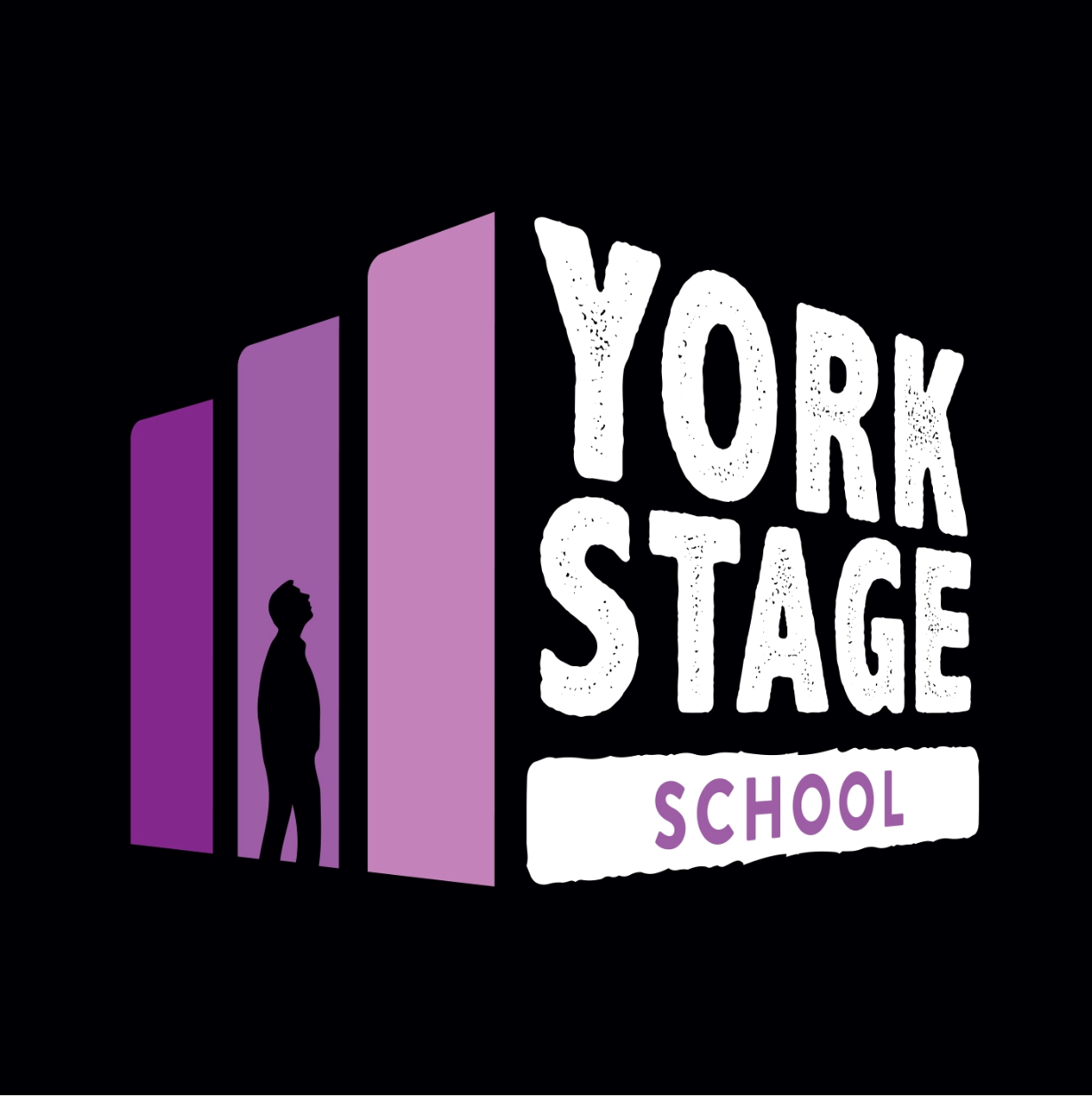Enhancing Stage Confidence: Proven Strategies for Performers of All Ages in The Performing Arts World
- York Stage School

- Jan 26, 2025
- 3 min read
Building stage confidence is crucial for performers, regardless of age or experience. When performers feel confident, they can connect with their audience, express their emotions, and take on new opportunities in the performing arts. In this post, we’ll share effective strategies to help boost student confidence, nurture their passion for performing, and create an encouraging atmosphere for growth.
Understanding Stage Fright - Enhancing Stage Confidence
Stage fright is a common experience for many performers. Almost 75% of people experience anxiety when speaking in front of an audience at some point. Recognising that feeling nervous is normal can help performers face these fears. Often, anxiety comes from worrying about what others think or the possibility of making mistakes.
To address these concerns, students can learn techniques to transform their nervous energy into excitement. For instance, before stepping on stage, they can practice deep breathing exercises or visualisations to calm their minds and focus on the positive aspects of their performance.
Preparation is Key
Thorough preparation is essential for building stage confidence. Students should know their material well, whether it involves memorising dialogue, perfecting choreography, or mastering musical pieces.
Establishing a rehearsal schedule that incorporates warm-up sessions can also alleviate anxiety. Warm-ups not only prepare students physically but also mentally, allowing them to enter their performances feeling composed and ready.

Creating a Safe Space
A supportive environment is vital for confidence development. Constructive feedback, encouragement, and peer support play significant roles in building self-assurance. When students feel secure to express their fears, it fosters a sense of community and reduces feelings of isolation.
For example, creating a space for group discussions where students can share their experiences can be powerful. Knowing others share similar feelings can help ease anxiety. This sense of belonging serves as a confidence booster, empowering students to take risks in their performances.
Visualising Success
Visualisation is an effective tool for performers. Studies indicate that imagining success can improve performance outcomes by as much as 30%. Our Tutors help students use visualisation techniques effectively.
Encourage students to spend a few moments before taking the stage to picture themselves giving a strong, confident performance. Imagining the applause from an appreciative audience can help reduce pre-performance jitters and enhance their belief in their abilities.

Setting Achievable Goals
Setting specific and realistic goals is vital for performers seeking to boost their stage confidence. Goals can vary widely, from mastering a particular dance routine to performing in front of a small group before taking the stage for a larger audience.
By creating measurable goals, students can track their progress. Celebrating these small wins not only builds confidence but also keeps performers motivated as they see tangible results.
Incorporating Positive Affirmations
Positive affirmations can dramatically improve self-confidence. Students should be encouraged to develop their own affirmations, such as "I am prepared" or "I can engage my audience."
Using these affirmations regularly can help create a positive mindset. For instance, having students recite their affirmations aloud before rehearsals can empower them and enhance their overall sense of self-worth.
Embracing Mistakes as Learning Opportunities
Mistakes are inevitable in performances, but how students handle them can be transformative. Instead of feeling discouraged, they should learn to view mistakes as valuable learning experiences.
At York Stage School, we create a supportive environment where errors are discussed openly, emphasising that even professional performers make mistakes. Recognising that these moments are normal allows students to approach their performances with resilience and flexibility.
Role-Playing and Improvisation Exercises
Incorporating role-playing and improvisation into rehearsals fosters creativity and adaptability. These activities encourage students to think on their feet, building confidence for unexpected moments during performances.
By creating a fun, playful rehearsal environment, students can enhance their skills while enjoying the process. This approach can lead to a greater sense of confidence as they realise their ability to handle surprises on stage.
Building Bold Performers
Cultivating stage confidence requires a comprehensive approach. By focusing on preparation, support, visualisation, goal setting, positive affirmations, and embracing mistakes, we create an environment that empowers performers.
It is essential to remember that confidence-building is a journey. Every student progresses at their own pace. With encouragement, patience, and effective strategies, performers of all ages can develop greater confidence on stage, enhancing their passion for the performing arts.
As students continue on this path, they will learn to embrace the joy of performing, overcome their fears, and inspire others through their newfound confidence.


Comments